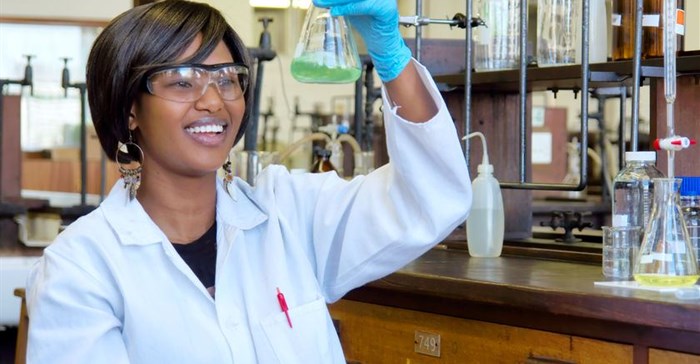Strengthening research in Africa

Climate change, political instability, inequality, migration and the burden of disease are some of the major challenges confronting humanity today, and they require concomitant collaboration across ideological, geographical and scientific borders, so that holistic, lasting solutions can be developed to benefit society.
“Africa cannot be free if we do not adequately replicate in good measure the high level skills and pioneering research required to foster inclusive development on the continent, whilst making a unique, valuable contribution to the global knowledge economy,” commented Professor Ernest Aryeetey, secretary-general of the African Research Universities Alliance (ARUA), at the inaugural conference of ARUA, which ran from 3-4 April 2017 at the University of Ghana. (View the full conference programme).
Aryeetey added: “This alliance aims to facilitate collaboration, knowledge transfer, equipment sharing, the pooling of resources and the development of mutually beneficial partnerships across Africa.
ARUA will strengthen the ability of researchers in Africa to be recognised as world class generators and producers of new knowledge.
The Alliance comprises of research intensive universities on the continent that prioritise the development of new knowledge, quality research and high level and scare skills through empowering and mentoring postgraduate and postdoctoral students.
Thirteen key thematic areas for collaboration have been identified, as listed below:
- Climate change
- Food security
- Non-communicable diseases
- Materials development and nanotechnology
- Energy
- Water conservation
- Mobility and migration
- Poverty and inequality
- Unemployment and skills development
- Notions of identity
- Good governance
- Post-conflict societies, and
- Urbanisation and habitable cities.
Professor Adam Habib, a member of the ARUA Executive Committee and vice-chancellor and principal of the University of Witwatersrand, provided an update on two key projects that are underway. “The migrations and mobility theme is a great example of a universal issue that requires research at multiple levels, and which is best addressed by cosmopolitan teams within different socio-economic, political and historical contexts.
“A dynamic research project in this area has already been launched through funding from the Mellon Foundation. The next project is focused on food security, which is another area that directly affects humanity the world over.”
Habib added: “The essential purpose of this conference is to gather the academics from our respective institutions on the continent to engage each other, in order to facilitate a common African academy and research community.”
The Carnegie Corporation of New York, Kresge, the Mellon Foundation and the South African National Research Foundation are all funding partners.
“There are several other donors and funders, but I would like to thank the pioneering funding partners for having the foresight to invest in the intellectual renaissance of the African continent,” added Habib.
“Our collective efforts will result in raising the quantity and quality of impactful research on the continent which will ultimately contribute towards inclusive development and the rising of Africa in multiple ways, for the benefit of humanity.”
The African Research Universities Alliance (ARUA) was inaugurated in Dakar in March 2015, bringing together 16 of the region’s leading universities. It is a network of universities from different countries and different historical backgrounds with a common vision. Read more.